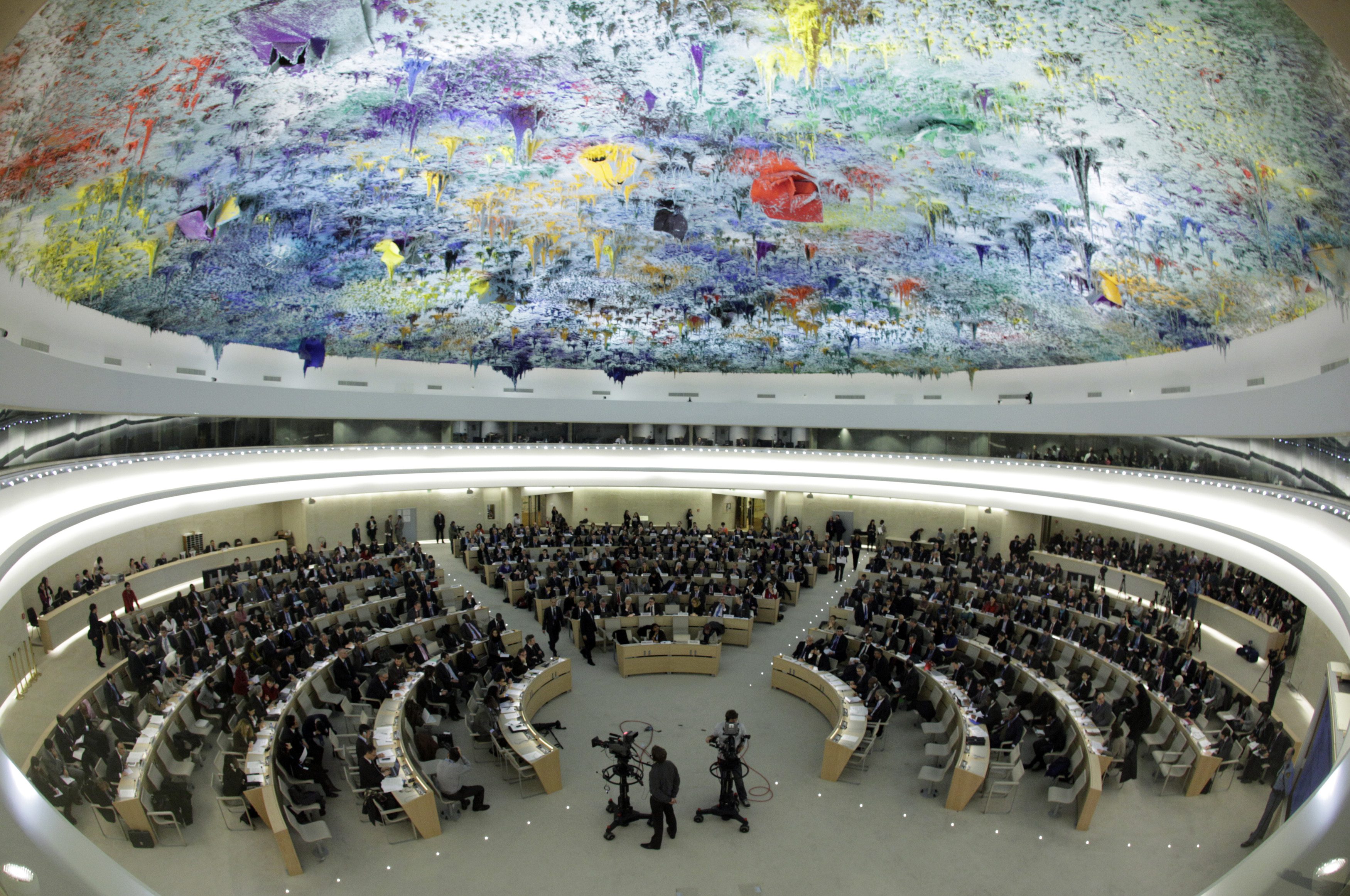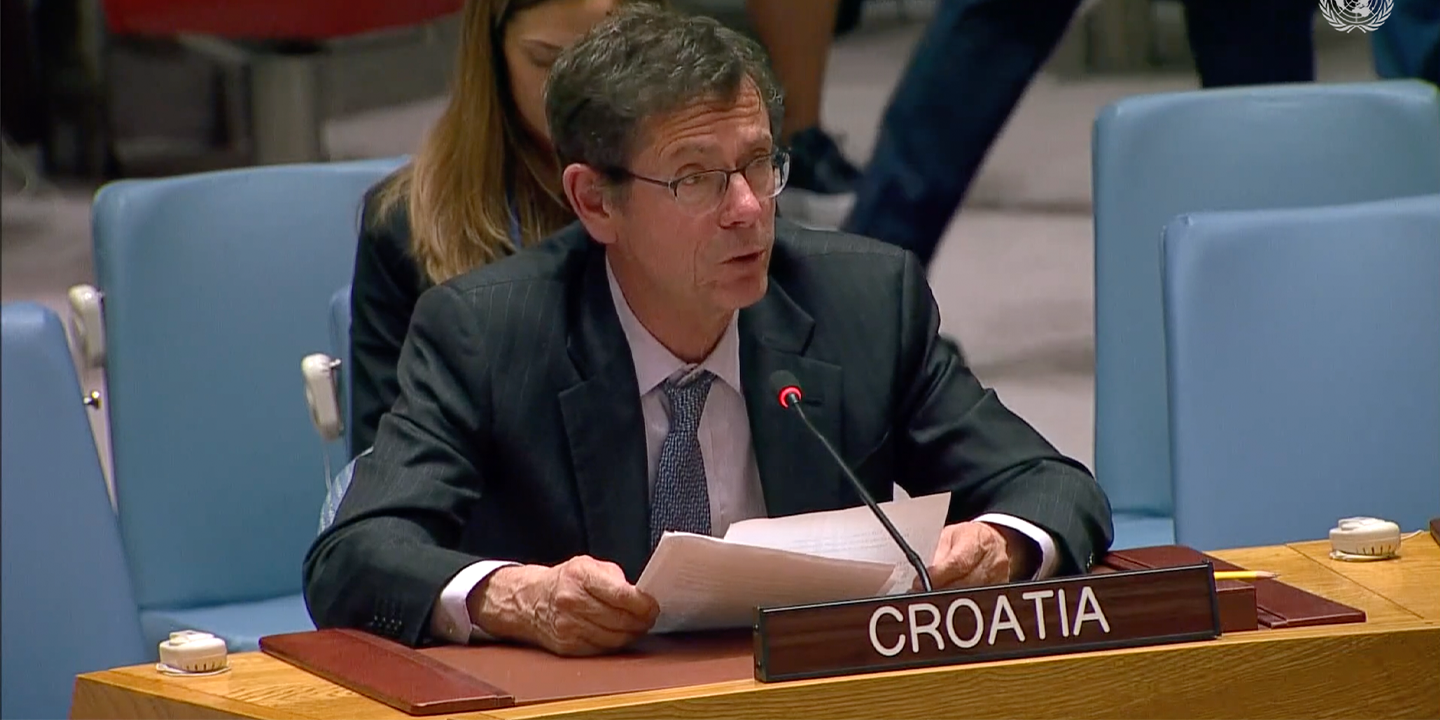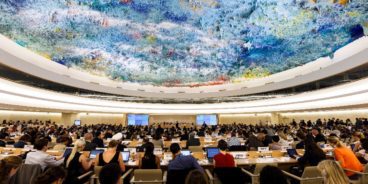

Statement delivered on behalf of the Group of Friends of R2P at the UN Security Council Open Debate on Peace and Security in Africa, 2023
I have the honor of delivering this statement on behalf of the Group of Friends of the Responsibility to Protect, consisting of 55 Member States and the European Union, and this year co-chaired by Botswana, Costa Rica and Croatia.
We would like to commend Mozambique for organizing today’s open debate aimed at facilitating a deeper understanding of the contribution that socio-economic factors have in promoting social cohesion, peace and stability, or, conversely, in triggering conflict. During the ECOSOC special meeting in January on “Social and economic measures to prevent genocide, war crimes, ethnic cleansing and crimes against humanity”, the Group of Friends of R2P noted that economic deprivation and widening inequalities are important risk factors that could lead to atrocity crimes. They can exacerbate the competition for scarce resources and severely limit the capacity of the state to resolve domestic tensions peacefully.
Over the past two decades the African Union and its regional mechanisms have enhanced their capacity to deal with conflict and crisis situations on the continent. Despite the progress in preventing, managing and resolving conflicts, Africa remains home to crises that increase the risk of atrocities occurring and jeopardize human, national and regional security. The consequences of the devastating impact of the illicit transfer, diversion and trafficking of weapons and their ammunition across Africa can be seen today in a number of conflict zones.
We note that the “Silencing the Guns initiative” is a key effort aimed at ending conflicts on the African continent and could play a significant role in reducing the risk of atrocity crimes through limiting the availability of illicit weapons used to commit them. We congratulate Dr. Mohamed Ibn Chambas with his recent appointment as the African Union High Representative for Silencing the Guns. The African Union Master Roadmap on Practical Steps to Silence the Guns offers the opportunity for states to address issues closely related to the Responsibility to Protect and atrocity prevention, including disarmament, arms business, accountability, combatting poverty, deprivation and inequality, and promoting resilience and strong and stable institutions.
Mr. President,
In this context, the Group of Friends of the Responsibility to Protect would like to make the following points:
Firstly, in order to adequately prevent and respond to the threat of atrocity crimes, it is necessary to better understand the early warning signs. Many outbreaks of violence, conflict and atrocities are rooted in long-standing institutionalized discrimination, poor education, economic and gender inequalities, social exclusion, hate speech, and violations and abuses of human rights, including of economic, social, and cultural rights, as well as an increase in illicit arms and ammunition trafficking, increased impacts of climate change, biodiversity loss and other environmental pressures. Unequal access to justice, essential resources and jobs, poor market access and terms of trade, and a shrinking democratic and civic space, as well as lack of SSR policies and unsustainable DDR programs, can contribute to creating an environment conducive to atrocity crimes. Many of these risk factors are also outlined in the UN Framework of Analysis for Atrocity Crimes.
In this context, the African Union’s Continental Early Warning System has been instrumental in analyzing emerging security threats, and could be strengthened through the inclusion of reporting and monitoring of early warning signs of atrocity crimes. Coordination, harmonization and exchange of information between the African Union, sub-regional mechanisms and international partners could be further improved.
Secondly, all member states should uphold their responsibility to protect by taking effective measures to address the root causes of violent conflicts, including the demand for, and illicit supply of, arms and ammunition. National ownership of these efforts is fundamental to ensuring the “Silencing the Guns initiative” is adapted to specific contexts and challenges. The illicit proliferation of small arms and light weapons and ammunition puts civilians at risk of atrocity crimes, destabilizes communities, and limits wider socio-economic development. By implementing effective measures to prevent illicit transfers of small arms and light weapons and ammunition, states can also limit the means to commit atrocity crimes. In this context, we would like to recall landmark Security Council Resolutions 2220 and 2616.
Thirdly, civil society actors are often the first to witness the indicators and early warning signs of atrocities and are thus equipped with in-depth understanding and expertise that states should incorporate into any atrocity prevention response. Civil society is also a key player in promoting and sustaining effective DDR policies. By including the voices and rights of local actors – particularly those most affected by ongoing atrocities, including women and girls – in decision-making processes, the international community can take more appropriate and effective preventive action that promotes respect for human rights, and is community-informed and responsive to early warning signs of atrocities.
Fourthly, the Group stresses the importance of implementing the Women, Peace, and Security Agenda in the context of the “Silencing the Guns Initiative”, in particular Security Council Resolutions 2106 and 2467, and highlights the importance of taking into account the risk of conventional arms or items being used to commit or facilitate serious acts of gender-based violence or serious acts of violence against women and children.
Related Content

